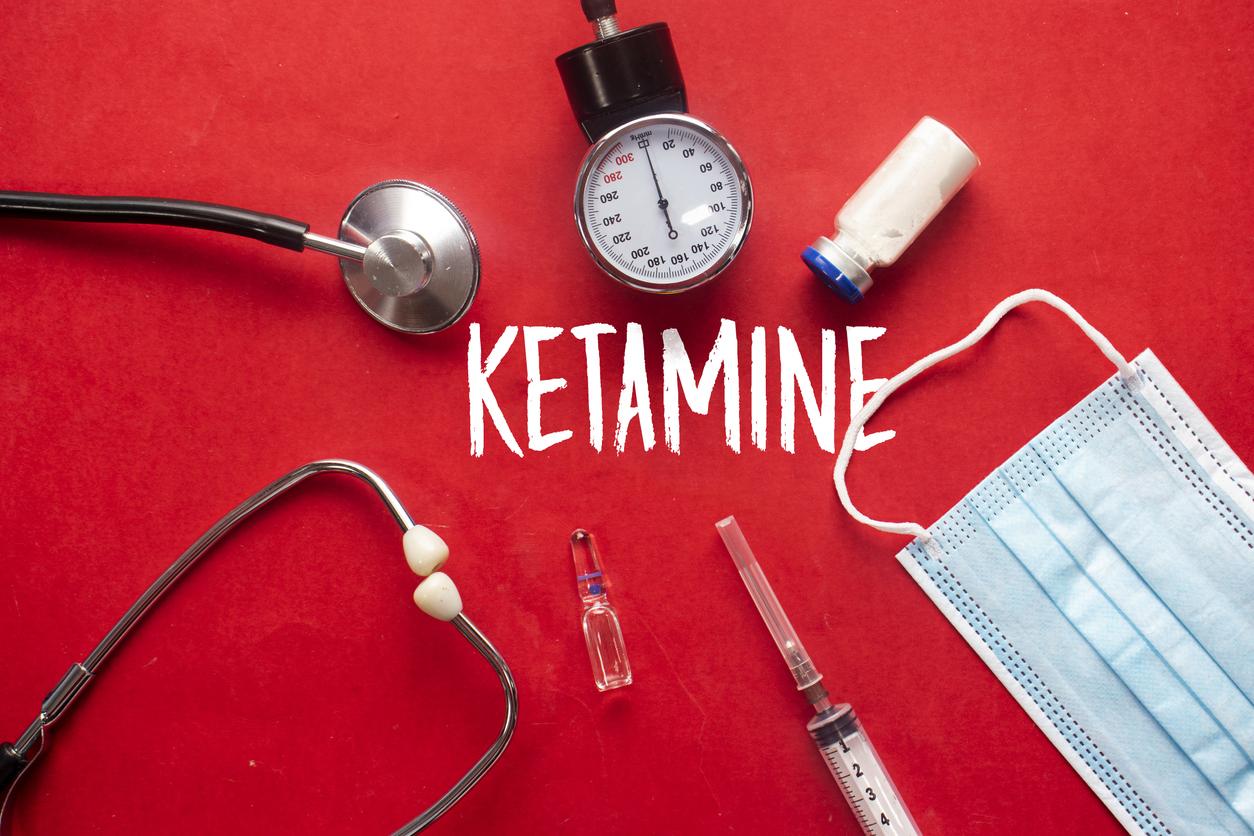In case of depressive disorders, not sleeping a full night would have an antidepressant effect.

- Lack of sleep increases negative mood in healthy adults.
- On the other hand, for 43% of depressive patients, a sleepless night reduced their symptoms.
- Not sleeping enhances the amygdala’s connectivity with the anterior cingulate cortex, which is linked to better moods in some people.
We know that lack of sleep can disrupt the regulation of mood and emotions. But in people with depression, an all-nighter can induce a quick and effective improvement in mood. This was recently revealed by researchers from the University of Pennsylvania (United States) in a study published in the journal Proceedings of the National Academy of Sciences. To reach this conclusion, they conducted an experiment with 38 healthy adults, 30 patients affected by depressive disorders and 16 control people who had enjoyed uninterrupted sleep.
The effects of a sleepless night analyzed through medical imaging
To explore the effects of sleep deprivation on mood and functional connectivity networks, all volunteers underwent three resting-state MRI sessions over the course of five days. The first scan took place after a normal night’s sleep, on the morning of the second day, and served as a baseline. In the groups that hadn’t slept well, people underwent their second MRI session on the morning of the third day, after a normal night’s sleep. Afterwards, participants were treated to two restful nights of sleep and had their last scan session on the morning of the fifth day. A total of 210 images were collected per person. Each volunteer also completed a questionnaire every two hours, from the second to the fifth day.

A sleepless night strengthens the connectivity of the amygdala with the anterior cingulate cortex
According to behavioral data, most people saw their mood deteriorate immediately after missing a night’s sleep. In contrast, an all-nighter reduced symptoms in 43% of depressed patients. Clearly, thirteen volunteers suffering from depression out of 30 saw their mood improve.
Scans showed that lack of sleep increased connectivity between the amygdala and the anterior cingulate cortex in adults who were in better moods. As a reminder, the amygdala processes frightening or threatening stimuli and signals other parts of the brain to react. As for the brain region of the anterior cingulate cortex, it is involved in both the “emotional” system and the “cognitive” prefrontal cortex. The latter plays an important role in the ability to control and manage emotional states or affect regulation.
“These results support the key role of the amygdala-cingulate circuit in mood regulation in both healthy and depressed populations and suggest that prompt antidepressant treatment may target improvement of amygdala-anterior cingulate cortex connectivity,” concluded the authors.
















